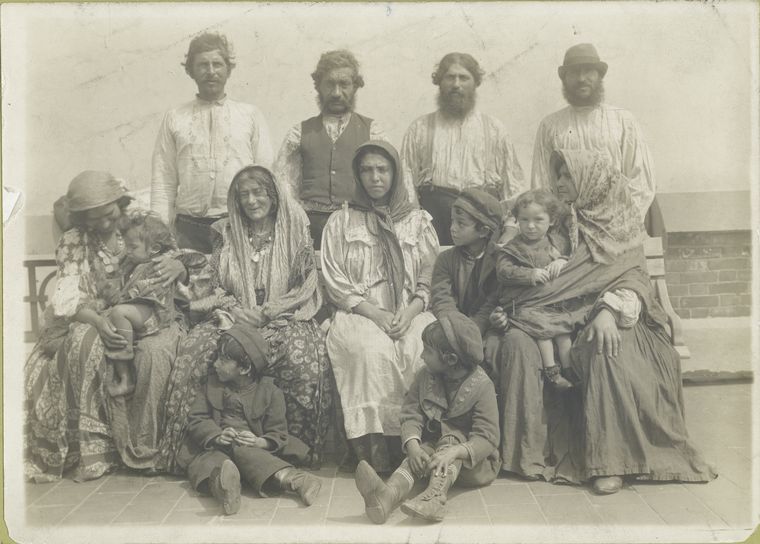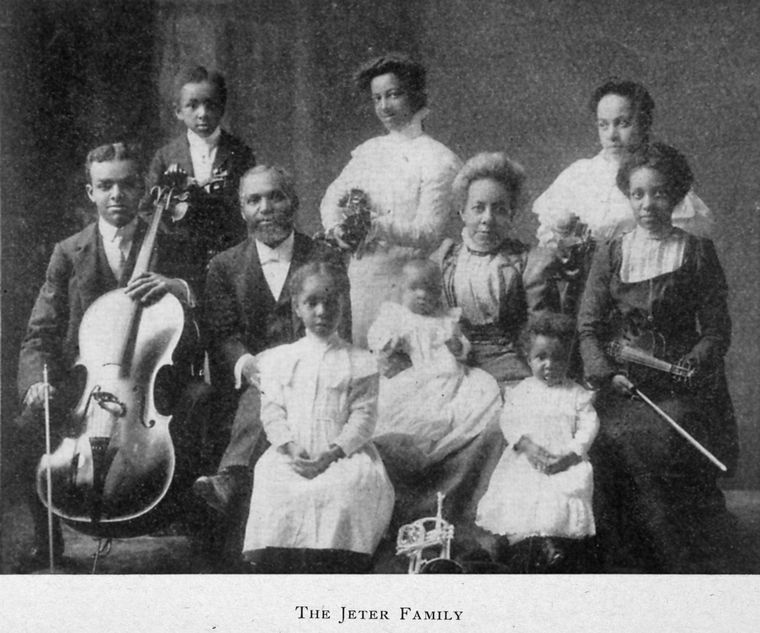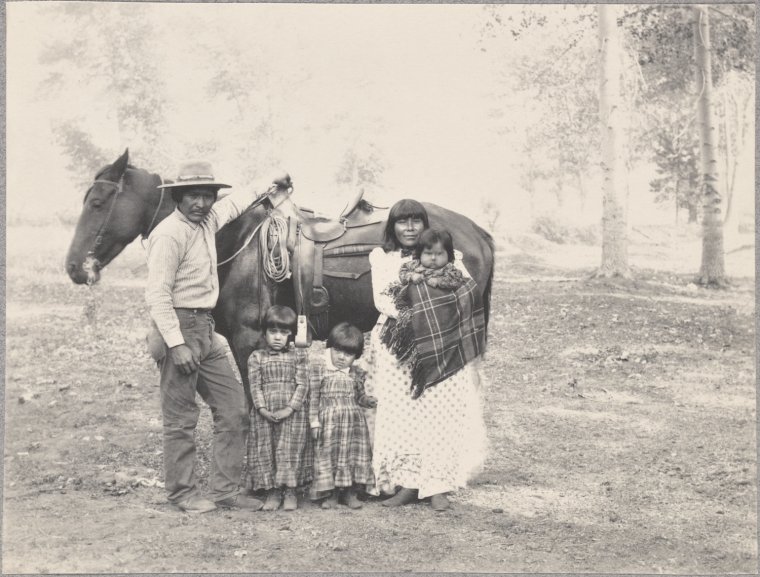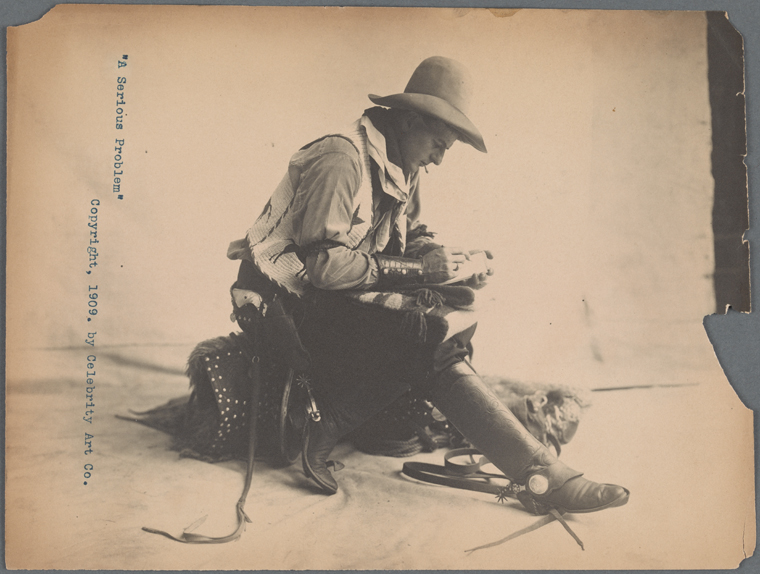20 Reasons Why You Should Write Your Family History
If you have done any family history research, such as looking for records on Ancestry.com and FamilySearch.org or conducting interviews with older family members, you may have pondered writing about your genealogy research. Here are 20 reasons why you should cease pondering and start writing:
You’ll feel wiser.
In 2014, ⅓ online adults used the Internet to learn more about their family history.
67% said that knowing their family history has made them feel wiser as a person.
72% said it helped them be closer to older relatives.
52% said they discovered ancestors they had not known about.
Ancestry.com, Global Study of Users, 2014
First person narratives and family histories are important historical documents.
“You are doing a service by leaving a legacy, no matter how small or large.”
“The interesting stories in your life have become familiar to you… The novelty of these stories is most apparent to someone hearing them for the first time.”
The Story of You: A Guide for Writing Your Personal Stories and Family History, John Bond, 2014
You are an important person. You have things to pass on, to your children, to your local history society, to unknown future generations.
“The entire story of mankind has come to us from individual voices from the past.”
Family Focused: A Step-By-Step Guide to Writing Your Autobiography and Family History, Janice T. Dixon, 1997
You and your family are important to somebody, probably many somebodies.
“Just watch... ‘It’s a Wonderful Life’ to see how many ways one life touches so many others. The few families on the Mayflower probably produced more than 20 million descendants.”
The Story of You: A Guide for Writing Your Personal Stories and Family History, John Bond, 2014
Family trees are abstract. Stories add depth.
“It makes names into real, live people. Family stories help you and your family become more than a birth and a death date.”
The Story of You: A Guide for Writing Your Personal Stories and Family History, John Bond, 2014
Memories over time become fragmented and distorted. People may not remember the things you told them but did not write down.
“I am not famous or rich, but I still want to be remembered.”
Family Focused: A Step-By-Step Guide to Writing Your Autobiography and Family History, Janice T. Dixon, 1997
Writing your family history gives you the chance to depict your ancestors how you see fit.
“You cannot write our story. You have no right.”
In 2004, Native Americans react to depictions of their ancestors in documents about Lewis & Clark.
History News, Summer 2014
There is a need for diverse family histories about those who have not been represented well in history texts.
“For members of marginalized groups, speaking personally and truthfully about our lives plays a small part in erasing years of invisibility and interpretation by others.”
Writing the Memoir: From Truth to Art, Judith Barrington, 1997
There is a need for more family histories documenting female lines.
“The traditional descendants-of genealogy usually begins with the immigrant and follows descendants for some number of generations. Often they have a paternalistic bent and follow only male descendants who bore the surname….In the future we hope to see less short-changing of maternal lines and collateral lines in published material.”
Producing a Quality Family History, Patricia Law Hatcher, 1996
There is a need for more family histories about families who are not affluent.
“Genealogical publishing [in the past] was accessible primarily to the affluent…. Modern genealogists are researching ancestors who are relatively recent immigrants, landless, illiterate, living on the frontier or migrating. There seems to be a trend away from idealizing our ancestors.”
Producing a Quality Family History, Patricia Law Hatcher, 1996
Family histories humanize the people you know or knew and remember for those who did not know them.
“The generations slipped away as I shared her grief for a moment. In reading her words I felt closer to my grandmother than I ever have.”
Family Focused: A Step-By-Step Guide to Writing Your Autobiography and Family History, Janice T. Dixon, 1997
Information raises questions. Genealogy research has brought new facts into your life.
“They research and write down when and where mom and dad were married. I don’t want to say accurate facts aren’t important, but I do question priorities here. The facts, or at least the important facts, of mom and dad’s marriage were not where and when it took place but what they made of it.”
For All Time: A Complete Guide to Writing Your Family History, Charley Kempthorne, 1996
It may help you understand your current family dynamics.
“I spent a year writing my story which is also my mother’s story and the story of our family. It was a most enlightening time for me, one I treasure, because it forced me to look at my life, re-shape it in many ways, and to laugh at things that I had taken so seriously before. I matured in many ways and became more tolerant and caring. It also freed me from some of my doubts and fears.”
Family Focused: A Step-By-Step Guide to Writing Your Autobiography and Family History, Janice T. Dixon, 1997
It will help you build or solidify a sense of family.
“I suggest that family history is more important than any other history simply because family is the fundamental, rock-bottom unit of society.”
For All Time: A Complete Guide to Writing Your Family History, Charley Kempthorne, 1996
Writing is reflective. Writing is investing in yourself.
“In writing your personal history, you put perspective and purpose in your life. You begin to understand yourself better than you ever have.”
Family Focused: A Step-By-Step Guide to Writing Your Autobiography and Family History, Janice T. Dixon, 1997
It can be therapeutic.
“Studies show that writing about oneself and personal experiences can improve mood disorders, help reduce symptoms among cancer patients, improve a person’s health after a heart attack, reduce doctor visits and even boost memory…. Writing -- and then rewriting -- your personal story can lead to behavioral changes and improve happiness.”
New York Times, "Writing Your Way To Happiness," Tara Parker-Pope, January 19, 2015
Don’t take for granted that the lives of your ancestors are lost. Evidence of the people they have been exists somewhere and is discoverable.
“Virtually all my finds have been made from old manuscripts in public repositories and have been of the family moving, not in the company of celebrities…, but among people as little known to fame as themselves.”
How to Write a Family History: The Lives and Times of Our Ancestors, Terrick FitzHugh, 1988
“It will have a wider impact than you might imagine.”
After publishing some of her family histories and donating to libraries and archives, author Penny Stratton heard from other researchers that they had found leads and data in her writings.
American Ancestors, Spring 2014
Family members and even distant cousins may become more forward in contributing documents, photos, and stories for your genealogical research.
“It’s cousin-bait.”
Genea-Musings, “Why Do You Write About Your Personal Research?” Randy Seaver, January 2015
You will be encouraged to archive and preserve the documents on which your family history research is based: certificates, letters, diaries, etc.
“These documents function within the family in the same way that important documents of our common history function within the nation.”
For All Time: A Complete Guide to Writing Your Family History, Charley Kempthorne, 1996
Writing Your Family History is a class offered by the Milstein Division of United States History, Local History and Genealogy. Please check our website for upcoming dates. If you have a family history that you would like to donate to libraries, consider the New York Public Library (details on our FAQ) and the Library of Congress.
Read E-Books with SimplyE
 With your library card, it's easier than ever to choose from more than 300,000 e-books on SimplyE, The New York Public Library's free e-reader app. Gain access to digital resources for all ages, including e-books, audiobooks, databases, and more.
With your library card, it's easier than ever to choose from more than 300,000 e-books on SimplyE, The New York Public Library's free e-reader app. Gain access to digital resources for all ages, including e-books, audiobooks, databases, and more.
If you don’t have an NYPL library card, New York State residents can apply for a digital card online or through SimplyE (available on the App Store or Google Play).
Need more help? Read our guide to using SimplyE.




Comments
20 APH Personal Historians weigh in
Submitted by Michelle Sullivan (not verified) on March 4, 2015 - 3:05pm
Thank you so much!
Submitted by Rich G (not verified) on March 7, 2015 - 11:34am
Writing Family Histories
Submitted by Maureen McCarron (not verified) on March 10, 2015 - 12:03am
Hi, please feel free to email
Submitted by Carmen Nigro on March 11, 2015 - 3:10pm
missing relatives
Submitted by Stephanie Hiller (not verified) on May 19, 2016 - 9:38pm
Canadian family history search
Submitted by Jo Henn (not verified) on March 19, 2015 - 9:42am
The Lanark Log newsletter of Lanark County Genealogical Society
Submitted by Elaine Morrow (not verified) on November 28, 2015 - 1:10pm
Saving Family Stories leave a legacy
Submitted by Connie Shipley (not verified) on March 27, 2015 - 9:34am
This was awesome
Submitted by Joe (not verified) on June 1, 2015 - 10:41am
Reason 21: Stories help share our wisdom, values and generosity
Submitted by Tracie Bluse Ward (not verified) on June 2, 2015 - 5:57pm
This is wonderful! What a
Submitted by Lisa Rickey (not verified) on June 22, 2015 - 12:41pm
Writing
Submitted by Ian (not verified) on July 13, 2015 - 2:34pm
Arkiver: A tool to gather family history
Submitted by Logan (not verified) on August 18, 2015 - 2:09pm
Power in the Blood
Submitted by Linda Tate (not verified) on August 29, 2015 - 9:44pm
Canadian genealogy and family history
Submitted by M. Diane Rogers (not verified) on November 28, 2015 - 11:42am
shout out from the Family History Library in Salt Lake City
Submitted by Marlene Teter (not verified) on December 31, 2015 - 1:06am
Writing your family history
Submitted by EmilyAnn Frances May (not verified) on April 20, 2016 - 4:08pm
The Timing of This Post Could Not Arrived at The Perfect Time .
Submitted by Eddie Johnson (not verified) on April 2, 2019 - 5:14pm